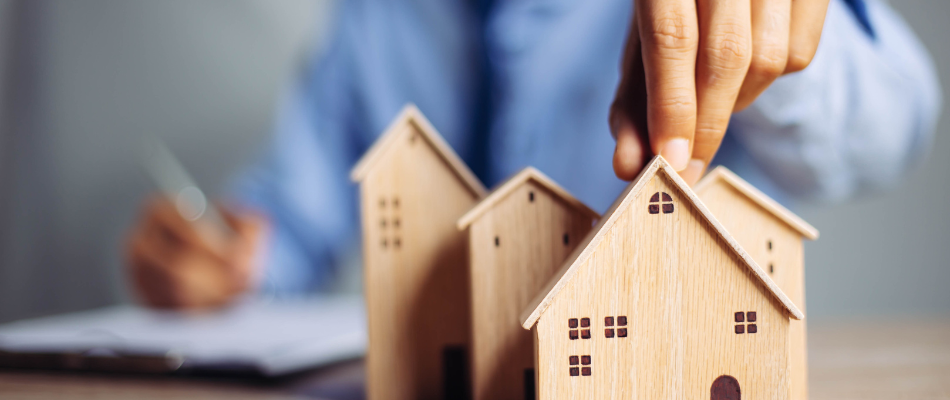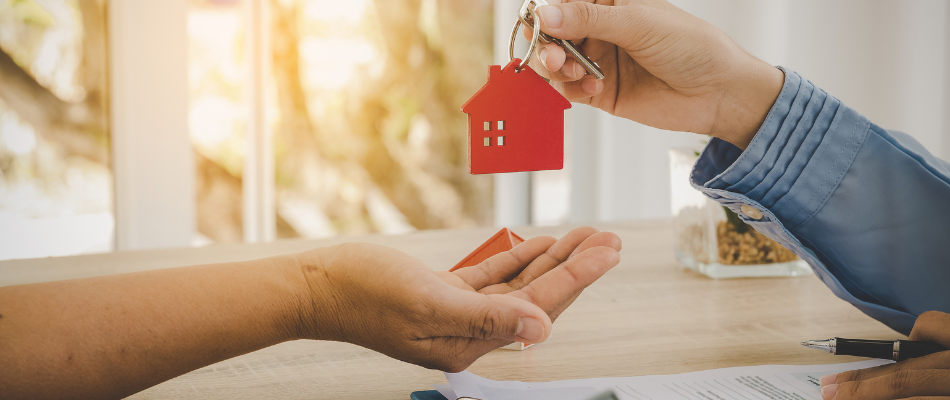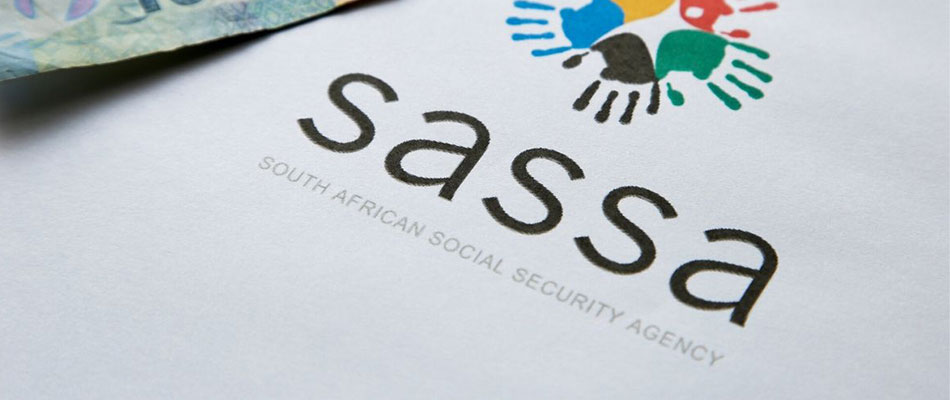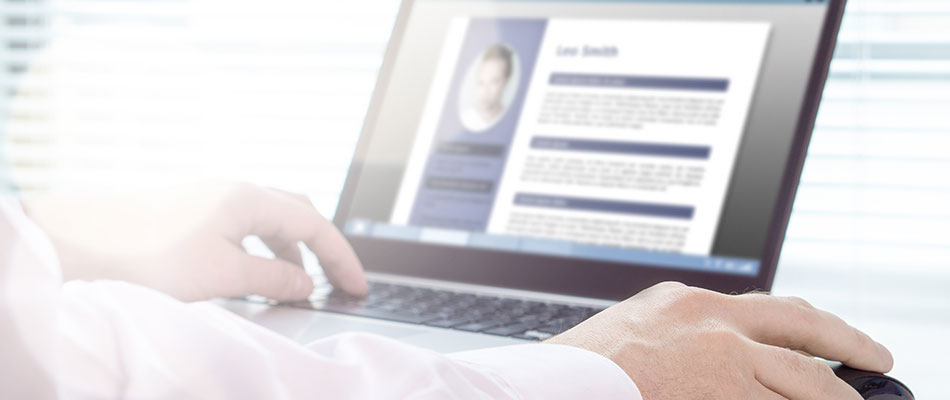Buying property is one of the biggest purchases you will make in your life, but it is important to understand what to consider before making such a purchase.
Many people make the mistake of justifying buying a property that is not within their budget, by seeing it as an investment and therefore they believe they will be able to make a return on it. Although it may not always be untrue, it is a short-sighted way to think about the matter.
Buying and owning property has certain fixed costs associated with it. The buyer will have to pay transfer duty, which is calculated on a sliding scale. It is important to note that property below R1 million is taxed at 0%. In addition to the transfer duty, there are also other fixed costs a property buyer needs to pay. Property transfer costs or, as it is also known, conveyancing fees are the attorney’s fees for legally transferring the property into the new owner’s name.
Then there is also the bond registration that is paid to the bank should the property be bought by way of a bond. This bond is also subject to interest that needs to be paid to the bank over the lifetime of holding the bond, that is usually 20 years.
Let us consider an example, you want to buy a property worth R2,5 million, and you will take out a 100% bond (meaning you don’t pay a deposit). You opt to repay this bond over a 20-year period at a fixed interest rate of 8.25%. The total amount of interest that you would have paid to the bank over that 20-year period is R2,6 million, and this does not include the principal amount that was repaid.
On this same purchase, the buyer will also have to pay about R50,000 for the bond registration and another R44,500 for the transfer costs. These fixed costs, amounting to about R2.7 million in our example, is money the property owner does not see again and can’t be claimed back when they want to sell the house. For the property owner to justify paying this amount, the property must therefore grow in value above the amount paid towards these fixed costs.
In addition to the fixed costs as mentioned above, a homeowner will also have other ongoing costs that need to be paid, that they would not otherwise have if they were renting property instead. Some of these costs include life insurance that the bank may require the owner to have to ensure their bond is paid should they pass away before the bond has reached maturity.
The owner will also have to have short term insurance on the actual property in the event of fire, theft or flooding. Property owners are also responsible for ongoing maintenance towards property as well as municipal rates and charges. They may also have to pay levies if the property is in a complex and/or security costs for armed response and alarm systems.
Considering all the various costs, it is clearly an expensive exercise to own property, and unfortunately, the owner is also not guaranteed that the property will increase in value over time. Then why will anyone own property in the first place? Firstly, the property may certainly increase in value and a profit can still be made on such a property despite all costs associated with purchasing and owning it. The golden rule is however that the property should be owned long enough to give it time to grow in value to make a profit over and above the costs discussed above. Also make sure to do your homework about the area that you are buying the property in and consider the demand and supply in such an area.
Consider and assess you and your family’s situation and needs over the medium term. Is your work situation stable? Is there enough space should you grow your family? Would you need to have space to work from home? Make sure that, as far as possible, you can answer these questions realistically and truthfully and if you can’t afford a house that meets these demands for a long enough period that the property can grow in value during the period it is owned, it might not be the right time to buy property.
Secondly, buying property should add to your lifestyle. Owning property means you can make changes to it as and how you prefer. Seeing property as a lifestyle asset and not an investment helps to put it in the correct category when making financial decisions. Although you may not be getting all your money back when you sell it, it did add to your quality of life and that is worth a lot as well. Just be sure that you can afford the costs of such a lifestyle asset before purchasing it otherwise it can worsen your financial situation and with it also your quality of life.
Being a homeowner should never not be an option, but it is important to understand how it will impact your life and finances. Furthermore, it needs to be put into perspective with a realistic understanding of your future needs and financial ability to ensure that it is a sustainable asset to own and that it adds to the quality of your life.







